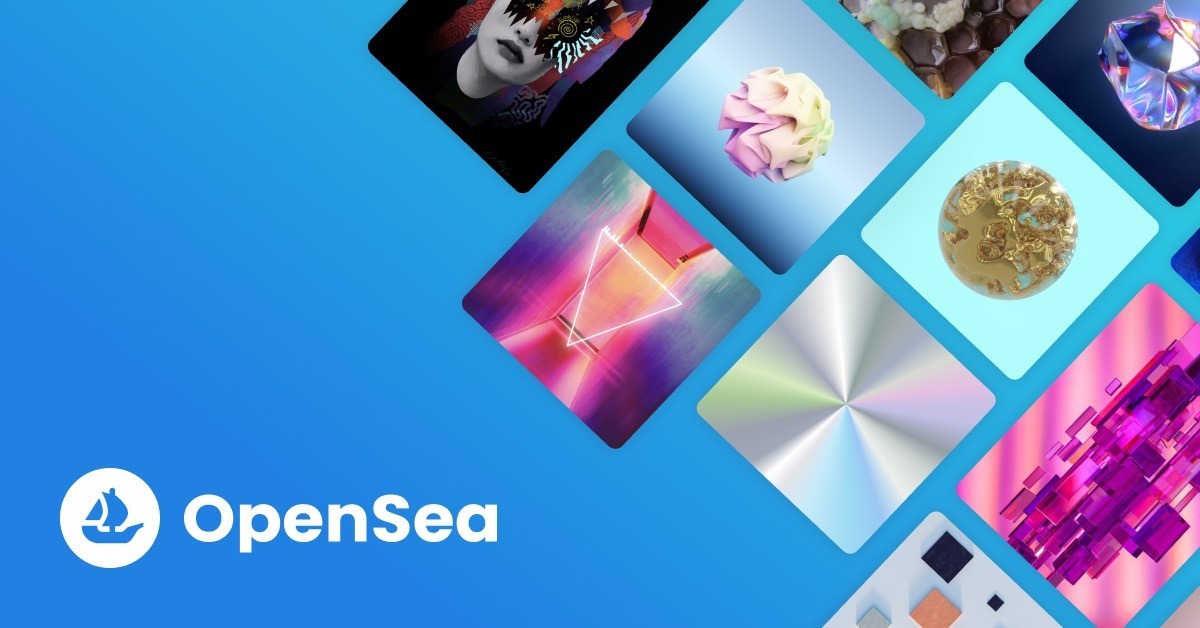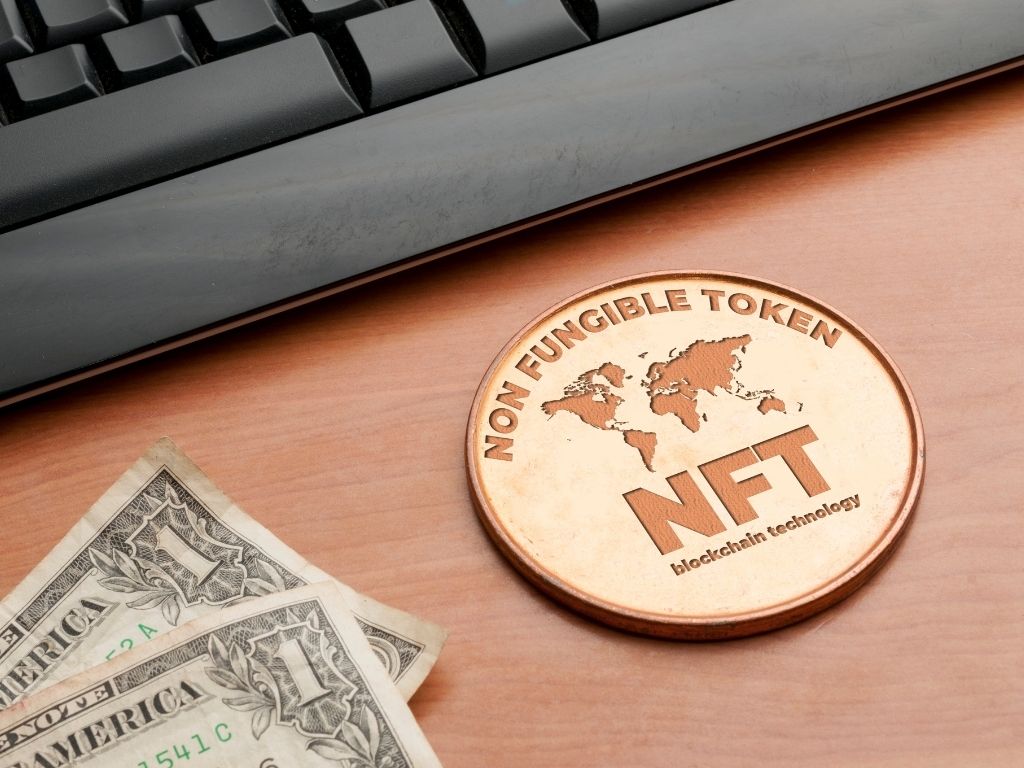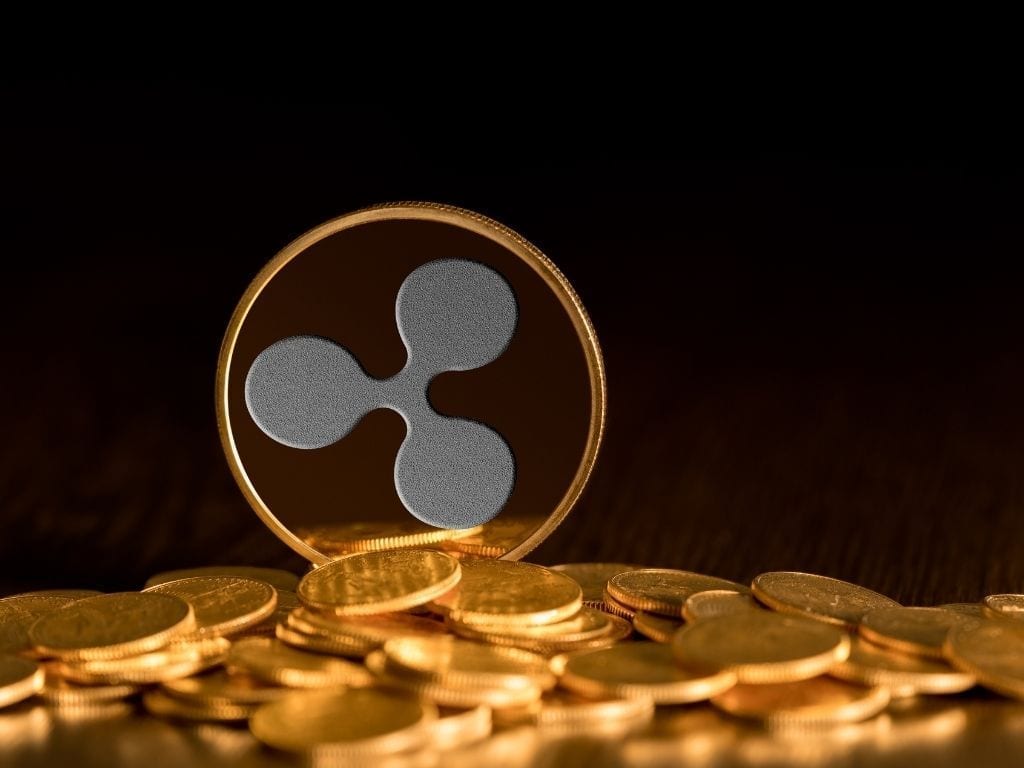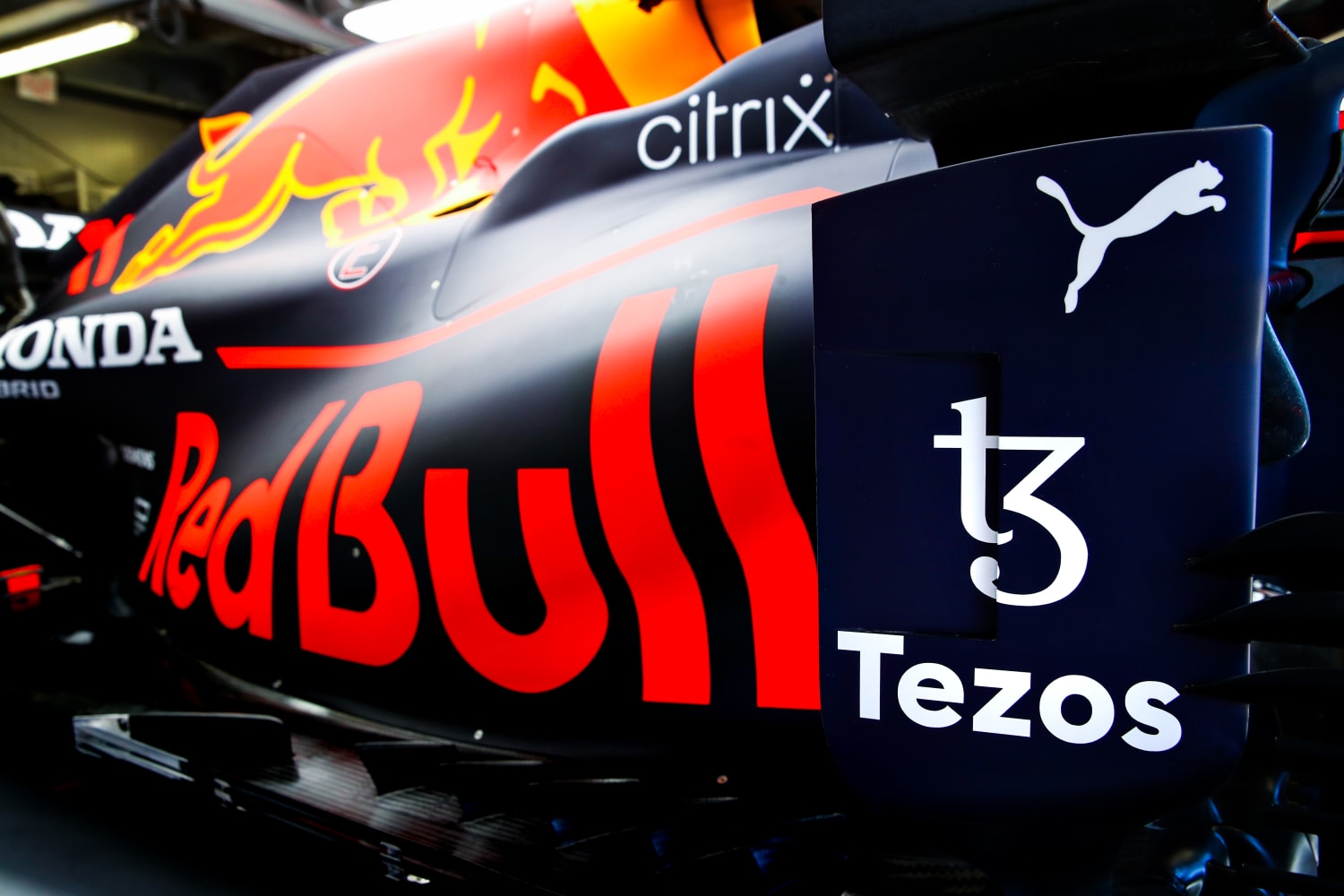All you need to know about NFT Marketplace
One of the most important parts of the new digital economy is the NFT marketplace. In order to allow for distinct inventories, the NFT markets are linked to the blockchain. As a result, a unique digital experience has emerged. Working with marketplaces is necessary to get the most out of NFTs. You’ll soon view the top NFT market alternatives.
What is NFT and How Does NFT Work?
The Metaverse as a Whole and NFT Marketplace
NFT marketplaces are accessible through a variety of channels, but they’re most closely linked to the metaverse. The metaverse is a three-dimensional space with no boundaries. Many characteristics of the offline world, such as markets, can be replicated in this online reality. However, it can also function as an overlay on top of the offline world. Virtual reality (VR) goggles or augmented reality (AR) glasses can be used to interact with it. However, even everyday electronics like laptops and cellphones can connect to the metaverse.
Make no mistake: the metaverse is a real-world with complete immersion. There is no way to turn it off. The metaverse is always on, and your activities within it have lasting consequences. Furthermore, the metaverse has a flourishing social component. Within it, you can invite your friends or make new ones. Even societal issues have a role in features like the metaverse marketplace. Many talented artists and programmers make and sell digital goods on the NFT market. It’s an ever-expanding planet with limitless future possibilities.
What exactly is the NFT Marketplace?
It’s critical to understand how NFT marketplaces vary from typical digital services. Paid digital services like Netflix or Spotify are likely familiar to you. For a monthly charge, these services offer unrestricted access to their material.
Due to scarcity, an NFT market varies from these subscription services. Netflix is not like a traditional video rental store. You don’t have to wait for someone else to finish viewing a movie before you watch one yourself. However, NFTs are unusual in that only one person can own something on an NFT market. A metaverse marketplace isn’t merely a simulation of a traditional market. It’s about making something that works as a digital metaverse market for one-of-a-kind items. To get the most out of an NFT market, you must first grasp its reputation, business strategy, and specialty, just like you would with any other market.
What Are the Different NFT Marketplace Types?
Different offline markets offer different services and methods of operation. One art gallery, for example, might hold auctions on a regular basis. Another might be a direct sales expert. Both provide identical products, but they communicate with their customers in distinct ways. NFT marketplaces share many of the same characteristics. In most cases, an NFT market falls into one of two groups.
NFT Marketplace Simplified
Traditional internet platforms like eBay and Etsy are akin to streamlined NFT markets. Two of the most well-known instances of simplified NFT marketplaces are OpenSea and Rarible. As the name implies, they’re streamlined to make operations as simple as possible. They tend to make purchasing simple for newbies. This incorporates credit card acceptance in addition to the traditional metaverse paradigm of crypto payments.
Traditional fixed-price sales can be used to sell on simplified NFT marketplaces. Digital goods have set values in these systems. However, auctions are common in simplified NFT marketplaces.
NFT Marketplace Enhanced
An augmented NFT marketplace usually targets a more narrow clientele. The NFT marketplace is more like an art auction. An enhanced NFT marketplace, on the other hand, maybe compared to a regular gathering of artists and aficionados at a private collection where auctions are held on a regular basis.
Rare and specialized items are common in an augmented NFT economy. It also allows for better engagement with the people who create the items. These NFT marketplaces usually include tools for minting (creating an NFT), selling, and curating NFTs. Like entire NFT games, more complex commodities are available on this type of metaverse marketplace.
The Most Popular NFT Markets
It’s all about matching your needs to what NFT markets have to offer if you want to get the most out of them. However, a market’s reputation and overall quality must also be considered. You may be sure to receive the greatest bargains by buying at the ten NFT markets listed below. The majority of the top ten marketplaces have been simplified. However, some of them include elements present in augmented marketplaces.
One of the most well-known NFT marketplaces is OpenSea. The market’s fame is well-deserved. It currently has the greatest NFT selection for sale among all the available markets. As a result, it has become the standard in many places of the metaverse.
OpenSea provides users with a wide range of possibilities. Of course, buying and selling one-of-a-kind digital things is simple. However, OpenSea makes it simple to create NFTs. Users can start by collecting NFTs and then submit them in the available formats. It just has to be properly classified from here. Music, trade cards, collectibles, and utilities are all examples of items. Because of the high level of categorization, purchasing NFTs is very simple. OpenSea is powered on the Polygon blockchain. Within the larger OpenSea NFT marketplace, switching between Ethereum and Polygon networks is simple.
Imitation and plagiarism are growing issues in the world of NFTs.
Today, we’re rolling out changes aimed at improving authenticity and reducing copymints on OpenSea.
Get all the details in our blog post here: https://t.co/uokl7hTEe8
🧵👇
— OpenSea (@opensea) May 11, 2022
Crypto.com is most famous for being a cryptocurrency exchange. They have over ten million active users who use their bitcoin system. In 2021, the corporation expanded into NFT marketplaces by establishing its own.
Cryptocurrency, like NFT markets, is based on blockchain technology. Crypto.com had a significant head start due to its existing crypto infrastructure. Crypto.com also offers a current payment system that accepts both cryptocurrency and credit cards. This system was expanded into their new NFT marketplace. Furthermore, there are no transaction costs while acquiring NFTs on Crypto.com because of the existing payment mechanism. One of their most notable achievements is this feature.
The popularity of Crypto.com as a cryptocurrency exchange is linked to its usability. They knew exactly how to make a difficult subject simple for novice consumers. And it’s become a market that even celebrities use and promote.
The $BOND/USDT trading pair is now available in the https://t.co/A7lhUEyVZW Exchange.
Trade the #BOND #USDT pair now.
Sign up 👉 https://t.co/GBTPzwVBuy pic.twitter.com/0hV1SypMkV
— Crypto.com Institutional (@Cryptocom_Insto) May 19, 2022
The Binance NFT exchange is a well-known name in the world of digital assets. Much of its notoriety stems from its use as a cryptocurrency exchange, similar to crytpo.com. Binance has also expanded into a well-known and well-regarded NFT marketplace, similar to crypto.com.
🚨 New Feature Update!
Users can now convert cryptocurrencies from their Spot or Funding wallets through #Binance Pay for their NFT purchases. #Binance Pay is available only for fixed-price NFTs and Mystery Boxes on the Binance NFT secondary market. pic.twitter.com/WZwwraLyMB
— Binance NFT (@TheBinanceNFT) May 19, 2022
Binance offers three different types of products. The events, marketplace, and mystery box are the three options. The events include a diverse spectrum of NFT collectibles from a variety of artists. Approved artists can upload and mint NFTs for direct sale or auction on the marketplace, which is a curated extension of the normal NFT marketplace design. The mystery box contains various collections of unique or unusual digital art. In the mystery box, you never know what you’ll find. This ambiguity makes it a fun place to explore. Binance’s crypto exchange makes it simple to buy and sell cryptocurrency on their platform. Debit cards and wire transfers are also accepted.
Stay informed with daily updates from Blockchain Magazine on Google News. Click here to follow us and mark as favorite: [Blockchain Magazine on Google News].
Get Blockchain Insights In Inbox
Stay ahead of the curve with expert analysis and market updates.
latest from tech
Disclaimer: Any post shared by a third-party agency are sponsored and Blockchain Magazine has no views on any such posts. The views and opinions expressed in this post are those of the clients and do not necessarily reflect the official policy or position of Blockchain Magazine. The information provided in this post is for informational purposes only and should not be considered as financial, investment, or professional advice. Blockchain Magazine does not endorse or promote any specific products, services, or companies mentioned in this posts. Readers are encouraged to conduct their own research and consult with a qualified professional before making any financial decisions. The featured image used is just a creative depiction of the title and it does not intend to hurt sentiments of any person or institution. If it hurts anyone sentiments, please do not hesitate to reach out to Blockchain Magazine.

 Bitcoin
Bitcoin  Ethereum
Ethereum  XRP
XRP  Tether
Tether  Solana
Solana  Dogecoin
Dogecoin  USDC
USDC  Cardano
Cardano  Lido Staked Ether
Lido Staked Ether  TRON
TRON  Chainlink
Chainlink  Avalanche
Avalanche  Sui
Sui  Wrapped stETH
Wrapped stETH  Wrapped Bitcoin
Wrapped Bitcoin  Toncoin
Toncoin  Stellar
Stellar  Hedera
Hedera  Shiba Inu
Shiba Inu  Polkadot
Polkadot  WETH
WETH  LEO Token
LEO Token  Litecoin
Litecoin  Bitcoin Cash
Bitcoin Cash  Bitget Token
Bitget Token  Hyperliquid
Hyperliquid  Official Trump
Official Trump  Uniswap
Uniswap  USDS
USDS  Wrapped eETH
Wrapped eETH  Pepe
Pepe  NEAR Protocol
NEAR Protocol  Ethena USDe
Ethena USDe  Aave
Aave  Aptos
Aptos  Internet Computer
Internet Computer  Ondo
Ondo  WhiteBIT Coin
WhiteBIT Coin  Monero
Monero  Ethereum Classic
Ethereum Classic  Cronos
Cronos  Mantle
Mantle  POL (ex-MATIC)
POL (ex-MATIC)  Render
Render  Dai
Dai  MANTRA
MANTRA  Algorand
Algorand  OKB
OKB 




